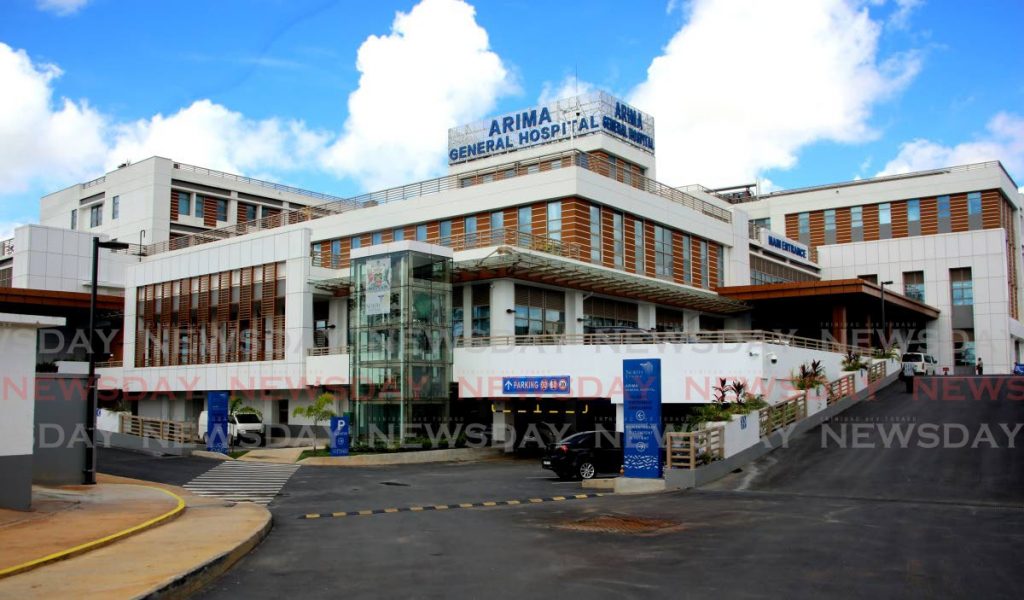Pulmonologist: Over 200 people treated for long covid in Trinidad and Tobago

Pulmonologist Dr Sana Mohammed said over 200 people have been treated for long covid at the North Central Regional Health Authority’s executive wellness clinic, which offers multi-disciplinary care for the condition. She said there have been over 360 revisits by these patients since October 2020.
Speaking at the Health Ministry’s media conference on Wednesday, Mohammed said there were likely more people with long covid in Trinidad and Tobago who are not treated at the clinic.
“It would be very difficult to quantify the prevalence or incidence of long covid across the country, as not every patient would present for follow-up, some would prefer different methods of follow up and patients are allowed to follow up privately if they choose. Not every patient is followed up at the centres, there are multiple hospitals under the NCRHA and the parallel health-care system. Some patients follow up in primary care where others are referred to the specialist clinic.”
She said treatment of long covid at the clinic was multi-disciplinary, in line with global standards.
“This clinic takes place once weekly. People present to the wellness centre for a complete one-day assessment. They have their relevant investigations guided by their presentations, they meet with the relevant specialists who will guide their management, and this includes patients who have kidney disease, heart disease, lung disease, those requiring dietitian input, those who have ongoing social and psychiatric needs, as well as those who require physiotherapy and rehabilitation.”
Mohammed said long covid refers to the signs and symptoms that develop after covid19 infection which continue for more than four weeks, and are not explained by an alternative diagnosis. She said globally it is more prevalent in women, people between 35-69 years of age, and those who have another activity-limiting health condition or disability. She said it is more commonly seen in people with mild cases of covid19 who did not require hospitalisation, rather than those who had severe cases.
“Common symptoms are wide-ranging and include extreme shortness of breath, cough, skin rashes, joint and muscle pain, abdominal pain, nausea, diarrhoea, anorexia and reduced appetite, chest tightness, chest pain, palpitations, symptoms of depression and anxiety, fatigue, fever, and pain, tinnitus, earache, sore throat, dizziness, loss of taste and/or smell, cognitive impairment such as brain fog, loss of concentration or memory issues, sleep disturbance, peripheral neuropathy symptoms such as pins and needles and numbness, dizziness and delirium.”
She said patients should be made aware that if they are worried about new, ongoing or worsening symptoms or if they are struggling to return to education, work or other usual activities, especially if it has been more than four weeks since their initial covid19 infection, they should contact their health-care provider for initial assessment and further advice.
Mohammed said patients should be part of the development of a rehabilitation plan unique to each patient involved including physical, psychological and psychiatric aspects of rehabilitation. She said education of both patients and physicians was critical to be firstly aware of the condition and of what services are in place for management and assessment.
“People with probable or confirmed cases of covid19 and their families/carers should be given information on the most common new or ongoing symptoms after acute covid19 infection. They should be given realistic expectation of what they can find during their recovery period. They should be informed that recovery time is different for each patient, but for most people, most symptoms recover by 12 weeks.”


Comments
"Pulmonologist: Over 200 people treated for long covid in Trinidad and Tobago"